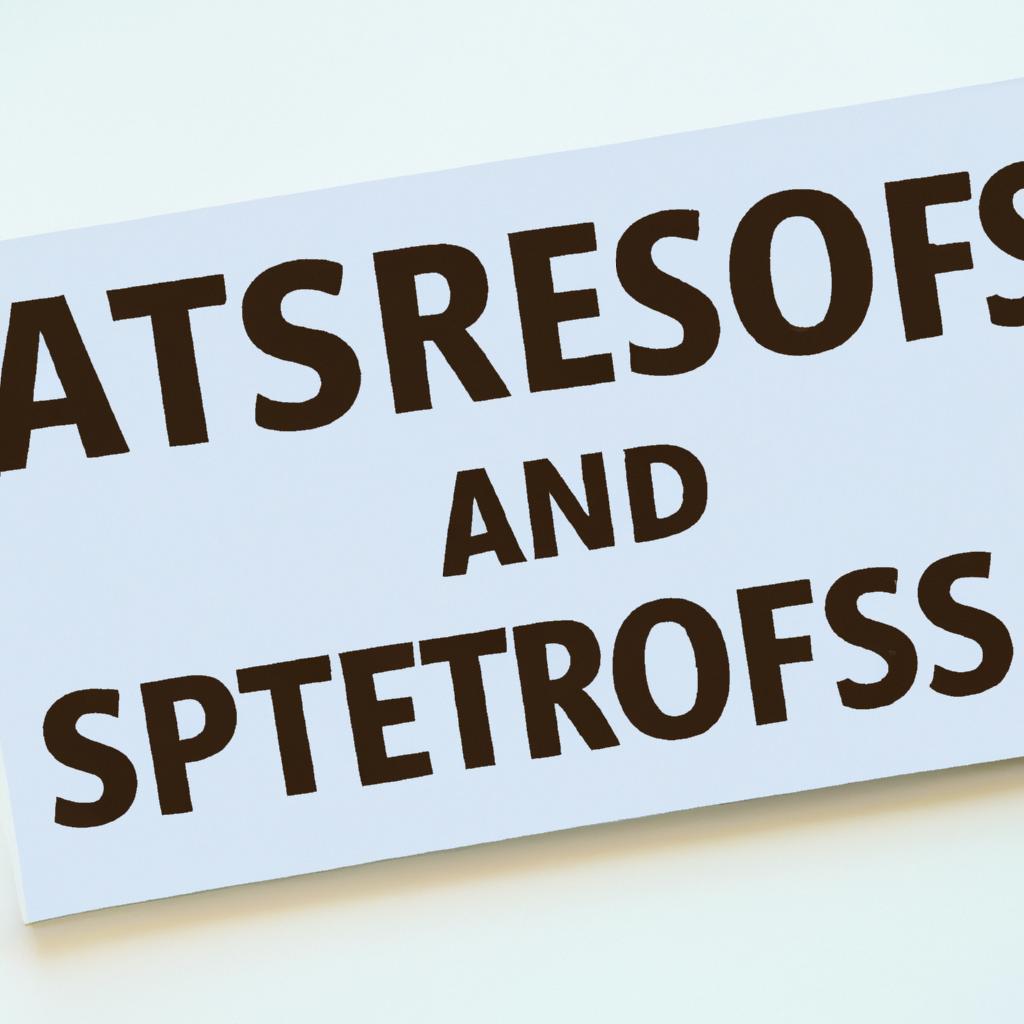The Role of Neurofeedback Training in Enhancing Focus and Performance for Athletes
The Role of Neurofeedback Training in Enhancing Focus and Performance for Athletes
Athletes constantly seek ways to improve their performance. They focus on physical training, nutrition, and recovery strategies. However, mental training plays an equally vital role in achieving peak performance. Neurofeedback training offers a powerful tool for enhancing focus and performance among athletes. This blog post explores neurofeedback’s science, benefits, and integration into training regimens.
What is Neurofeedback Training?
Neurofeedback training, also known as EEG biofeedback, involves monitoring brain activity. This approach helps individuals learn to control brain function. During sessions, athletes wear sensors on their scalp to measure brainwaves in real-time. The system transforms collected data into visual or auditory signals. This process allows athletes to gain awareness of their mental states. Over time, awareness helps them enhance focus, manage stress, and improve performance.
How Neurofeedback Improves Focus
Focus remains a critical component of athletic performance. Athletes must stay present and engaged during competitions, even in high-pressure environments. Neurofeedback training sharpens focus in several ways:
Reducing Distractions
Distractions often occur in competitive settings. They may stem from the environment, performance pressure, or internal self-doubt. Neurofeedback training equips athletes to recognize distractions and refocus their attention. Through practice, athletes learn to redirect mental energy toward their performance, minimizing external and internal disruptions.
Enhancing Mental Resilience
Mental resilience enables athletes to bounce back from setbacks and maintain composure under pressure. Neurofeedback training fosters mental resilience by teaching athletes to regulate emotional responses. Athletes learn to enter a focused state and remain calm during competitions. This enhanced mental fortitude improves performance when it matters most and builds a robust psychological foundation.
Benefits of Neurofeedback Training for Athletes
Neurofeedback training offers many benefits that extend beyond improved focus. These advantages significantly impact an athlete’s overall performance and well-being:
Improved Sleep Quality
Quality sleep remains essential for recovery and optimal performance. Athletes who struggle with sleep face challenges in training and performance. Neurofeedback training promotes better sleep quality by helping athletes learn to relax and quiet their minds. Many athletes report falling asleep quickly and experiencing deeper, restorative sleep. They wake up refreshed and ready for training sessions.
Enhanced Recovery
Recovery proves crucial for athletes to maintain peak performance levels. Neurofeedback training speeds up recovery times by promoting relaxation and reducing muscle tension. Athletes who incorporate neurofeedback often return to training sooner after intense workouts. This accelerated recovery supports better performance and helps prevent injuries.
Conclusion
Neurofeedback training significantly enhances athletes’ focus and performance. It offers valuable tools for managing distractions, building mental resilience, improving sleep, and speeding recovery. Integrating neurofeedback into training can help athletes reach their goals.
Below are related products to the topic if you’re interested:
FAQ
What is the process of Neurofeedback Training for athletes?
Neurofeedback training, or EEG biofeedback, involves athletes wearing sensors on their scalp to monitor brain activity. During sessions, the collected data is transformed into visual or auditory signals, allowing athletes to gain real-time awareness of their mental states. This awareness helps them learn to control brain function, enhancing focus and performance over time.
How does Neurofeedback Training help athletes manage distractions?
Neurofeedback training helps athletes recognize and manage distractions by teaching them to redirect their mental energy towards their performance. By practicing this technique, athletes can minimize both external distractions from the environment and internal distractions such as self-doubt, allowing them to maintain focus during competitions.
What are the additional benefits of Neurofeedback Training beyond improved focus?
In addition to enhancing focus, neurofeedback training offers several other benefits for athletes, including improved sleep quality and enhanced recovery. It helps athletes relax and quiet their minds, leading to better sleep and faster recovery times. This, in turn, supports overall performance and helps prevent injuries, allowing athletes to train more effectively.















Post Comment